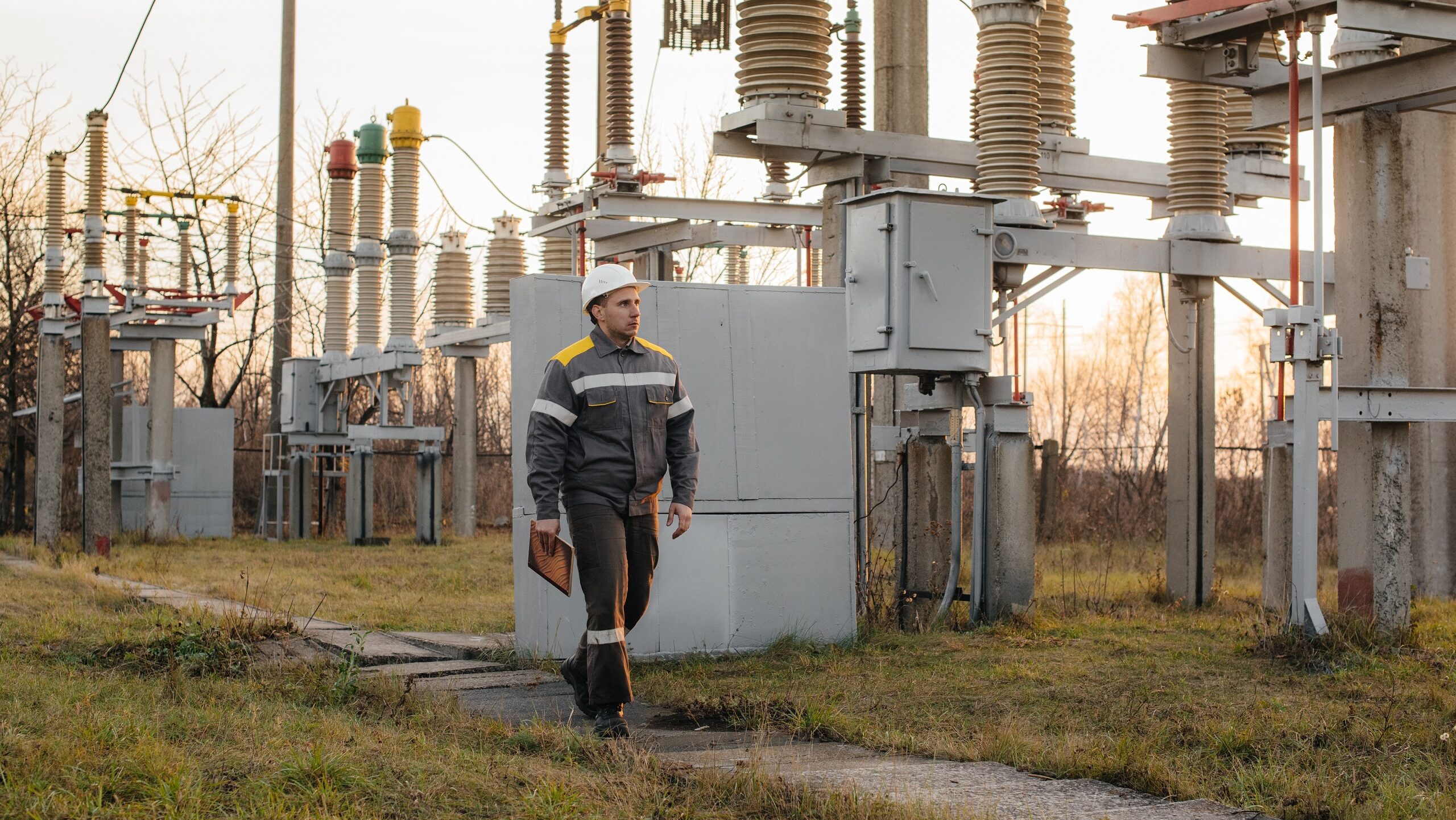Experts Say Israel’s Energy Grid Well Prepared for War, as Many Israelis Brace for the Worst
After a senior state electricity official said that war with Hezbollah could knock out Israel’s electricity, some Israelis began preparing for potential blackouts
Earlier this month, Hezbollah released a video filmed by drone showing military and civilian locations in Haifa, in an attempt to communicate the group’s ability to strike northern Israel’s largest city.
The release of that video contributed to a widespread sense of fear among Israelis, who have been on edge since the October 7 attacks and as tensions with Hezbollah continue to rise.
The potential targets shown by Hezbollah in the video included power infrastructure, raising fears of nationwide blackouts. The situation intensified when a senior state electricity official warned that Hezbollah could cripple Israel’s power grid, making life “impossible” after 72 hours without electricity.
In response, many Israelis have rushed to buy alternative energy sources. Yotam Gal, CEO of the Israel Defense Store, which distributes tactical and outdoor equipment, told The Media Line that customers have been stocking up.
The bottom line is that things have changed in Israel. Dramatically.
“Some gear up with weapons, while others focus on generators, lights, radios, and solar equipment. Many also bought bulletproof gear and tactical wearables,” Gal said. “Thousands of generators were bought in the past few months, thousands of shelters were built, and tons of food and other emergency supplies were purchased. The bottom line is that things have changed in Israel. Dramatically.”
This holiday season, give to:
Truth and understanding
The Media Line's intrepid correspondents are in Israel, Gaza, Lebanon, Syria and Pakistan providing first-person reporting.
They all said they cover it.
We see it.
We report with just one agenda: the truth.


While the psychological toll is evident, experts say that Israel’s electricity grid is in good shape. Alexander Portnoy, an expert in mission-critical military sectors, told The Media Line that Israel’s grid was designed to withstand multiple attacks and has defensive systems in place. He emphasized that Israel’s air defense could intercept threats, reducing the likelihood of a nationwide blackout.
Our enemies could use missiles to destroy our generation resources, but their radar cross-section allows us to intercept them
“Our enemies could use missiles to destroy our generation resources, but their radar cross-section allows us to intercept them,” Portnoy explained. He described Hezbollah’s drone video as a psychological attack meant to create panic.
Portnoy stressed that the Israeli power grid’s unique design and redundancies make a nationwide blackout unlikely. “The realistic worst cases could vary from 8 to 20 hours of interruption, while a surrealistic worst case might mean 24 to 48 hours for different groups,” he said.
Even during the Second Lebanon War in 2006, when Hezbollah rockets reached Haifa, Israel never suffered nationwide blackouts, Portnoy said. Israel’s national electric grid did become overloaded at one point during the 2006 war after a fire broke out at an electricity substation. “As a result, the Israeli electric company was forced to perform rolling blackouts to redistribute the grid load,” Portnoy explained. “Because of that, various different groups of consumers across Israel suffered alternately from blackouts of up to eight hours.”
Gideon Friedmann, former chief scientist at the Israeli Ministry of Energy and chief technology officer at NetZero Technology, also noted the redundancies in Israel’s electric system. “I’m sure that getting hit in a few locations will not result in serious disruptions,” he told The Media Line. “However, a coordinated successful attack on several locations may be detrimental.”
Attacks from Hezbollah might force Israel to shut down its gas fields and rely on diesel fuel instead, Friedmann said, which “is a limited resource but is much more than 72 hours.”
Much more could have been done, even in the last nine months, to create local microgrids that rely on solar power and batteries
He noted that Israel could have done more to prepare the electric grid for an emergency situation. “Much more could have been done, even in the last nine months, to create local microgrids that rely on solar power and batteries,” he said. Engineered properly, microgrids of this sort would be capable of operating independently for long stretches of time.
The Israel Electric Corporation told The Media Line that it is preparing for various scenarios. “With the outbreak of war on October 7, and the fear of escalation in the northern sector, the Electric Corporation is taking extensive measures to address the issue of functional continuity of electricity supply to its customers by implementing a methodology for the restoration of the transmission and transformation system in the event of a multisystem impact,” a representative for the company wrote. “The defense system is constantly being adjusted and upgraded according to the state’s contingency scenarios.”



